Today we will talk about Travel Trend Spotting for 2025, Travel trend keynotes to watch for in 2025 may include a surprising cast of possibilities … depending on who is asked. According to Boston-based Overseas Adventure Travel (O.A.T.) adventurous destinations and specialty cruises are among the latest travel trends for 2025. To that end, the leader in personalize small group and solo travel for Americans ages 50 and older, announced the top three travel trends for the year ahead.
Adventurous destinations: Travel Trend Spotting for 2025
Today’s travelers are more active and seeking out destinations where they have opportunities to take nature hikes, go rafting, visit markets, and participate in local life. Travelers are more willing to get out of their comfort zone to really get to know their destination and return with memories they can cherish. This travel trend reflects the upsurge in interest O.A.T. has seen in places like Botswana and India. Reservations with O.A.T. for Botswana are up 38% for 2025 compared to 2023, and India is up 169%.
On O.A.T.’s Ultimate Africa: Botswana, Zambia & Zimbabwe Safari, travelers journey to southern Africa where they will witness the power of Victoria Falls and enjoy game-viewing drives in Chobe National Park. They will also participate in activities like spending A Day in the Life of a Hwange village, where they will learn how locals live, tend to their animals, and raise their crops. O.A.T. travelers on Heart of India visit Delhi, Jaipur, Agra, Lucknow, Varanasi, and can spend a night in a tent camp in rural Rajasthan to search for Bengal tigers in Ranthambore National Park. O.A.T. also gives travelers the opportunity to go beyond India’s iconic sites by including activities like sitting down to a dinner in the home of a family in Jaipur and visiting a local school in a remote Indian village.
Specialty cruises: Travel Trend Spotting for 2025
Travelers want to experience a deeper sides of the destinations they visit through their personal passions—food, art, music, history, or other special interests. From sampling tapas in Spain to learning to making pizza in Italy, O.A.T.’s new culinary departures for Travel Trend Spotting for 2025 have been curate to highlight the rich culinary culture of each destination.
For example, travelers will participate in an immersive cooking lesson of a popular Croatian dish—štrukli—a pastry-like delicacy made from stretched pasta, and enjoy the timeless dance of Croatian cheese and wine pairings as they soak up the Mediterranean sun on a special Culinary Cruise departure of O.A.T.’s Enhance! Hidden Gems of the Dalmatian Coast & Greece small Ship Adventure. Travelers will sail aboard the 50-passenger M/V Arethusa for 10 nights as they enjoy the legendary cuisines along the Dalmatian Coast.
This travel trend extends to other special themes departures, such as a wine-lovers tour of Europe and a deep dive into Bavarian culture. Travelers can also commemorate the 80th anniversary of the D-Day landings aboard one of the special departures of Grand Circle Cruise Line’s The Seine: Paris to Normandy River Cruise. Exclusive activities include taking part in an in-depth discussion with a local historian, exploring Arromanches-les-Bains, visiting the new D-Day museum, and witnessing the well-preserved German artillery battery at Longues-sur-Mer.
Solo interest: Travel Trend Spotting for 2025
Solo travel continues to be one of the fastest growing travel trends across the industry—and women are leading the charge. In 2019, about 40% of O.A.T. travelers were solo women. So far in 2025, that number has increased to 50%. O.A.T. offers free single supplements on all Small Group Adventures by land, and free or low-cost single supplements on all Small Ship Adventures. Single supplements are always free on all optional trip extensions. To meet the surge in demand for 2025, O.A.T. is offering 24,000 single spaces across all O.A.T. adventures—and 92% of them have a free single supplement. The remaining 8% have the lowest single supplements in the travel industry.

Travel Trend Spotting for 2025, According to A.I.
We put the question to Bing’s new A.I. chat app to see if we could get more clarity, if not more ideas for what’s hot and what to expect in 2025 for travel. Here is what we received:
Digital Nomadism: With the ongoing global shift towards remote work, digital nomadism is experiencing an unprecedented surge.
Sustainable and Eco-Friendly Travel: Travelers are becoming more environmentally conscious and are seeking sustainable and eco-friendly travel options.
Immersive Cultural Experiences: Travelers are looking for more immersive cultural experiences that allow them to connect with locals and learn about their customs and traditions.
Health and Wellness Retreats: Health and wellness retreats are becoming increasingly popular as travelers seek to prioritize their physical and mental well-being.
Personalized and AI-Enhanced Travel: Travelers are interested in using generative AI tools to plan their trips and personalize their travel experiences.
Solo Travel: Solo travel is becoming more popular as travelers seek to explore the world on their own terms.
Pop Culture-Inspired Travel: Travelers are increasingly inspired by pop culture and are seeking travel experiences that allow them to connect with their favorite movies, TV shows, and music.
Culinary Exploration Vacations: Culinary exploration vacations are becoming more popular as travelers seek to explore new cuisines and learn about local food cultures.
Off-the-Beaten-Path Destinations: Travelers are looking for unique and off-the-beaten-path destinations that offer a more authentic travel experience.
Electric Vertical Take-Off and Landing (eVTOL) Aircraft: eVTOL aircraft are preparing for take-off and are expected to revolutionize air travel in the coming years.
And it gets better: Travel Trend Spotting for 2025
Surprise Travel: Travelers are increasingly interested in booking surprise trips where the destination is unknown until arrival.
Set-Jetting: The travelers are inspired by TV shows and movies and are visiting destinations featured in them.
Astrotourism: Travelers are interest in stargazing and visiting destinations with clear skies and minimal light pollution.
Home Swapping: Travelers are swapping homes with other travelers to save money on accommodation.
Coolcationing: Also they are seeking cooler destinations to escape the heat.
Off-Season Travel: Travelers are visiting destinations during their off-season to avoid crowds and save money.
Destination Dupes: Travelers are visiting destinations that resemble other popular destinations.
Food-Hopping: Travelers are exploring new cuisines and food cultures.
Eco Diving: Moreover they are interest in eco-friendly diving experiences.
Silent Travel: Travelers are seeking quiet and peaceful destinations to escape the noise and chaos of everyday life.
To know what travel trends are afoot for 2025 and to have access to technology possessing eyes on all the information moving around the world, good and bad, right and wrong, who are we mere mortals to argue?
Corporate travel planning continues to be marre by a challenging landscape, especially as more agencies are taking up the baton and offering travel planning to small business owners and entrepreneurs. So, to that end, the latest SAP Concur Global Business Travel Survey released last week explores some of the most pressing parts of business travel facing those travelers today, including the impact of travel disruptions and tighter budgets.
Travel Trend Places 2025
“The current economic environment is driving tension among business travelers, travel managers, and company leadership,” according to Charlie Sultan, president of Concur Travel at SAP Concur. “Balance between flexibility and cost is delicate, not to mention pressures from new distribution channels and ongoing geopolitical issues. This year’s report demonstrates the need for a mutual understanding of these realities and compromise in corporate travel programs.”
According to the latest findings of this corporate travel report that survey 3,750 business travelers in 24 markets globally:
Nearly all business travelers have had to take unanticipated steps because of travel disruptions, and it’s enough to make them want to decline a business trip.
+ The majority of global business travelers have been significantly impacted by travel disruptions in the past year. Nearly nine in 10 (88%) have been forced to take unanticipate steps in the past 12 months because of unexpect delays, cancellations, or the need to re-route during business travel.
+ More younger travelers have been forced to take unanticipated steps (Gen Z: 94%; millennial: 90%; Gen X: 82%; boomer: 68%). Is it because older generations are business travel pros? Perhaps, but they’re also less likely to proactively build extra time into their trip (Gen Z: 80%; millennial: 83%; Gen X: 74%; boomer: 63%).
+ Safety concerns are still the biggest reason that business travelers decline business trips (44%), but more than a quarter of respondents (29%) are willing to decline a business trip due to the likelihood of delays or cancellations. Thirty# three percent would also decline a trip due to safety concerns around the mode of transportation requires.
Travel Challanges
+ While these travel challenges are bad for business, they’re also bad for employees’ work# life balance. In addition to the nearly two in five (38%) who have had to cancel or reschedule meetings, many have had to spend additional, unplanned days on a business trip (38%) or sit through longer or additional layovers (33%).
+ Travelers have had enough of losing out on their personal time and critical career connections: Four in five (80%) are proactively taking steps to account for such events, including booking extra time for arrival (34%), departure (19%), or even both (27%).
“Planning for potential disruptions can mitigate stress and ensure smoother travel experiences. Inform travelers are naturally safer because they know how to mitigate risks and find alternatives when disruptions occur,” according to Suzanne Sangiovese, director of travel and technology at Riskline, a world class travel risk intelligence company. “Companies that invest in travel management and travel risk intelligence solutions can effectively help travelers stay updated on travel advisories and real-time destination alerts. Providing travelers with tools that can empower them to make swift, inform decisions, ensuring they can adjust plans efficiently and safely, is key.”
Two thirds feel that business travel is critical for career advancement, yet just as many say they haven’t had equal opportunity to take business trips compared to their coworkers.
+ More than three in four global business travelers (76%) say they enjoy business travel, and 67% feel that business travel is critical for career advancement.
+ More younger travelers feel business travel is important for their career compared to older generations (Gen Z: 72%; millennial: 68%; Gen X: 64%; boomer: 58%).
+ Around two in three global business travelers (66%) feel they haven’t had an equal opportunity to take business trips compared to their colleagues. That’s slightly higher than the 62% from our 2023 survey.
Global business travelers attribute this opportunity inequity to the following reasons:
Their level of seniority (19%).
But their age (18%).
Their status as a parent or caretaker (14%).
Where they live (14%).
Their physical appearance (12%).
How often they come into the office (12%).
Their gender (11%).
Their accent (11%).
Certain reasons are slightly more of a factor for women than men, including age (20% of women vs. 17% of men), status as a parent (17% vs. 13%), and gender (14% vs. 9%). More men say they’ve never felt that they didn’t have equal opportunity for business travel (38% vs. 29%).
Additionally, more LGBTQ+ business travelers feel they haven’t had equal opportunity because of their physical appearance (20% vs. 12% of gen pop), disability (14% vs. 8%), and sexual orientation (20% vs. 7%).
Business travelers and corporate travel managers struggle to exercise flexibility as company leadership cuts back on business travel costs.
While many factors impact business travel, the survey asked business travelers to select their company’s top focus from three choices:
Meeting employees’ needs for flexible travel options (40%).
Cutting back on travel costs (31%).
Increasing the use of sustainable travel options (29%).
+ Despite business travelers saying their company is focused on their needs for flexibility, nearly all (91%) have seen their company cut back on allowing certain options in the past 12 months.
This includes blended travel. Employees have seen cutbacks in allowing remote work while traveling for pleasure to avoid taking leave days (27%) or adding personal travel to a business trip (25%).
And business travelers don’t love it. Around one in five (22%) say they’re willing to decline a business trip that doesn’t allow them to extend it for personal travel.
Companies have also cut back on comfort# focuses requests, such as staying overnight to avoid a long day of travel for a day trip (28%), paying more to get a non# stop flight or direct route (28%), using business or premium class (27%), or using options like taxis or ride# share apps rather than public transportation (27%).
Travel managers are stuck in the middle. A SAP survey of 600 travel managers across six markets found:
# Though 35% say meeting employees’ needs for flexible travel options, 32% also say cutting back on business travel costs.
# Another 33% say increasing the use of sustainable travel options.
When asked what will make their job more difficult this year, two in five (42%) say company directives to cut travel costs amidst ongoing challenges.
Their concern is valid, as more than a third of business travelers (36%) say they’ve incurred additional expenses on a business trip because of unexpected travel challenges, and a similar percentage (34%) have had to use an alternate transportation method. More than one in four (30%) have book travel directly with suppliers because of unexpect travel challenges.
Addressing these Challenges in a Corporate Travel Program
1. Connect with employees. Regularly survey employees, between and after business trips, to learn how the challenges identified in this global study impact their experience. A few questions to ask:
+ Do you feel you have equal opportunity to take business trips compared to coworkers?
+ What challenges have you experienced during your business trips in the past year?
+ Do you feel safe when you’re traveling for business?
+ Are you familiar with the company’s travel policies?
+ When on a business trip, what would improve your experience or make you feel more comfortable?
+ What resources are most helpful to you when booking business travel?
2. Act on employee insights. Turn the responses received from surveys into an actionable plan. Ensure that the right travel tools are in place to help employees navigate challenges. Revisit travel policies and consider what might improve their experience while booking and traveling for work.
3. Enlist the help of outside resources. Work with outside resources to facilitate employee training on things like safety and inclusion. Lean on travel management companies (TMCs) and suppliers to come up with solutions to travel disruptions.


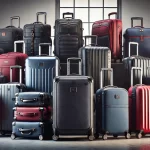





































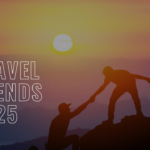











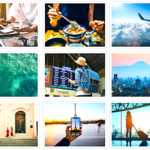
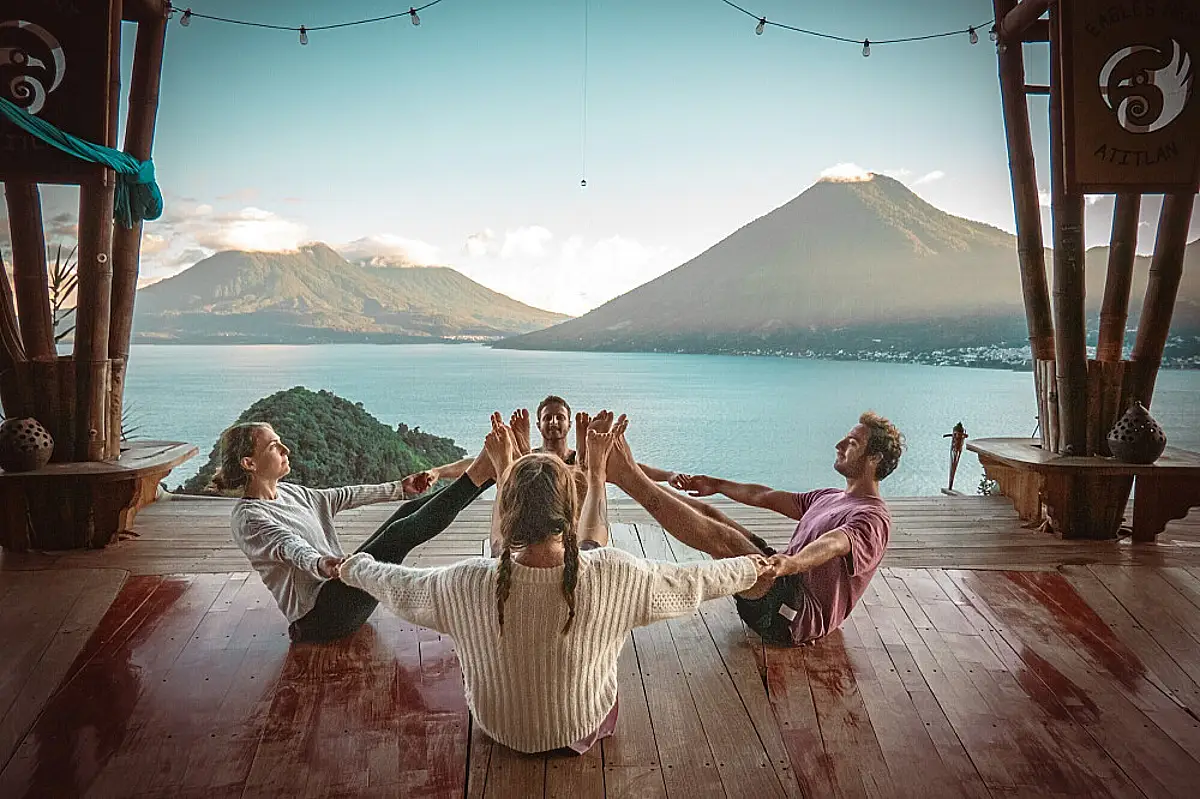









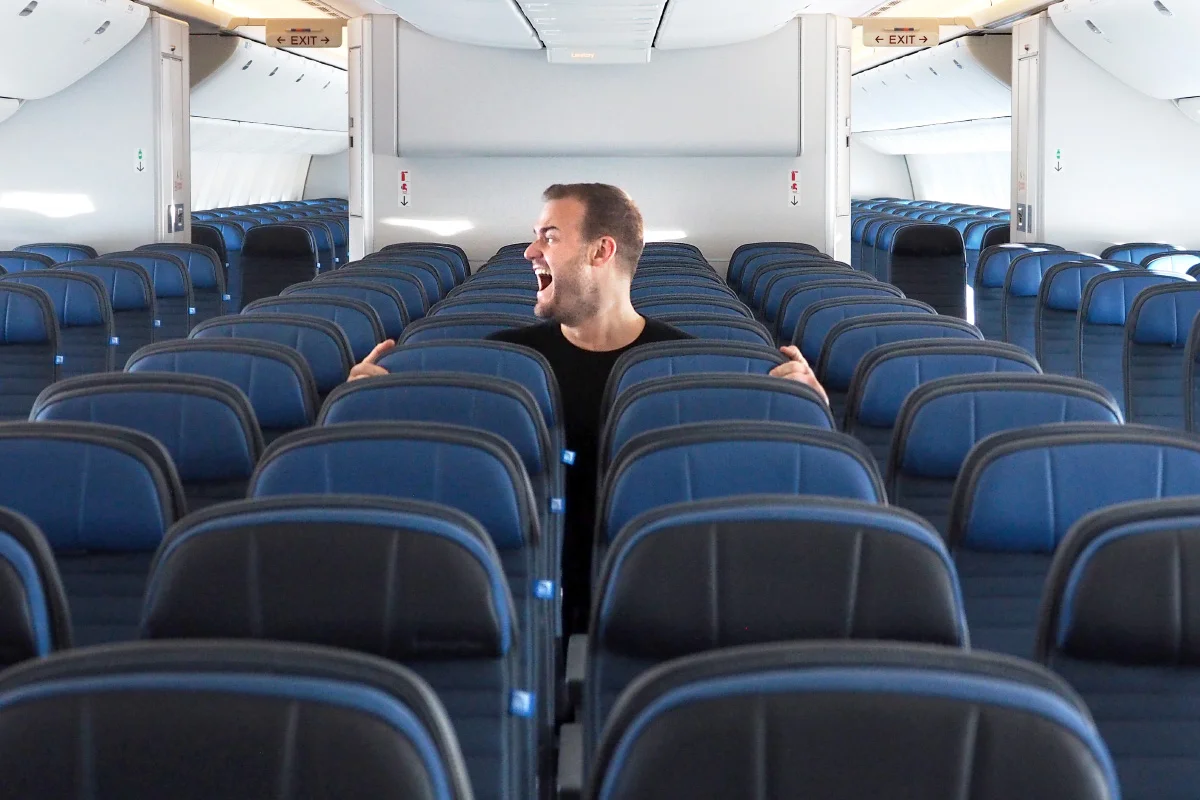

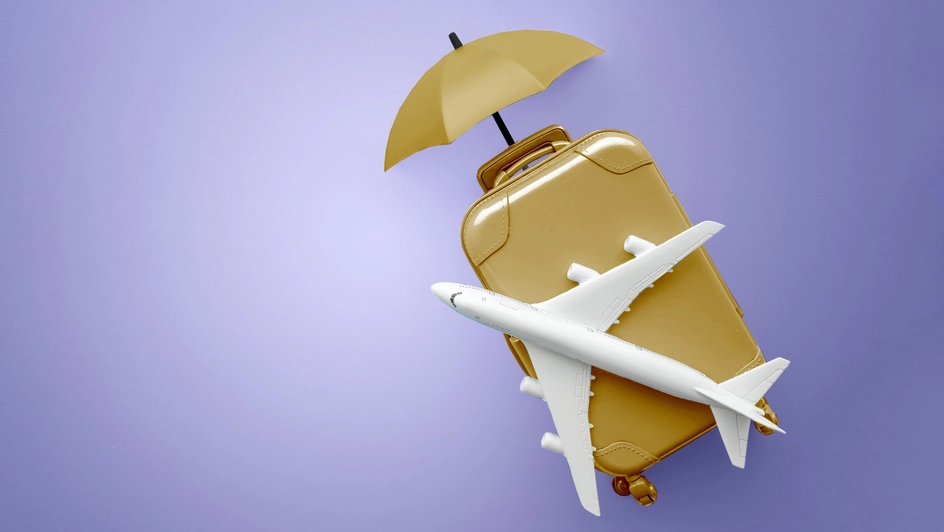












































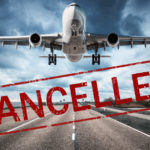































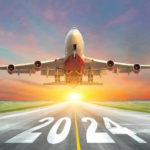
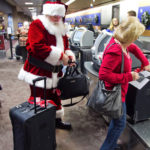











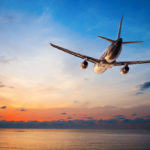


















































































































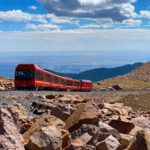

















































































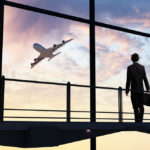





























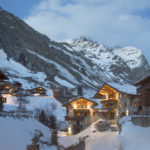
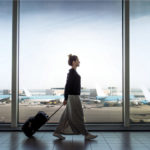



























































































































































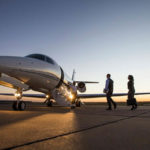



















































































Get Social